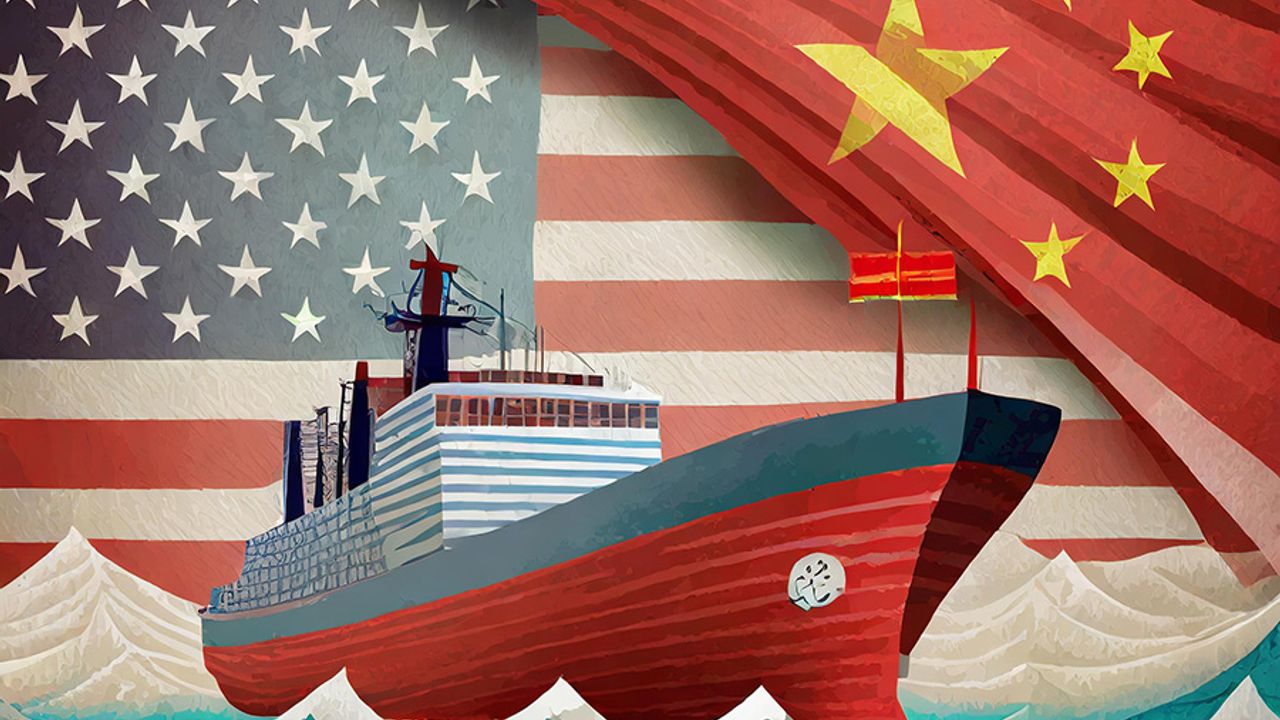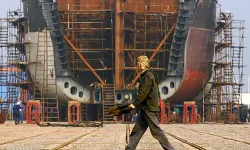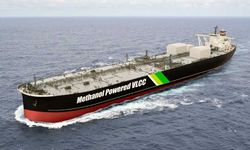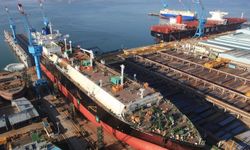The proposal includes fees on China-built vessels calling at U.S. ports, which could exceed $3 million per visit. While the initiative aims to counter China’s dominance in shipbuilding and strengthen the U.S. industry, critics argue it could harm American ship operators, exporters, and seaports.
The proposal has drawn support from U.S. steelworker unions, steel producers, and Democratic lawmakers, who believe it will boost domestic manufacturing. However, U.S. shipping companies have warned that the fees could increase costs, disrupt supply chains, and push cargo toward foreign-owned shipping lines with greater financial resilience.
Edward Gonzalez, CEO of Florida-based Seaboard Marine, testified that imposing such fees could undermine American-owned carriers. Seaboard Marine, the largest U.S.-owned international ocean cargo carrier, operates 16 China-built vessels within its 24-ship fleet, according to maritime data provider Alphaliner.
U.S. shipyards currently produce fewer than 10 vessels annually, while China’s output exceeds 1,000, according to industry speakers at a U.S. Trade Representative (USTR) hearing. Executives noted that shipbuilders in Japan and South Korea would struggle to meet demand in the time it would take for U.S. shipyards to expand capacity.
Kathy Metcalf, CEO of the Chamber of Shipping of America, emphasized that replacing existing China-built vessels would take years and warned that penalizing China should not come at the expense of the U.S. maritime sector.
Exporters, particularly in the agriculture and coal industries, have expressed concerns over potential disruptions. Mike Koehne of the American Soybean Association warned that market access for farmers should not be compromised. Meanwhile, Nate Herman of the American Footwear and Apparel Association stated that the proposed port fees could lead to job losses, higher costs, and supply shortages.
A study cited by Herman indicated that the fees could reduce U.S. exports by nearly 12% and lower GDP by 0.25%.
In a letter to USTR, 63 Democratic lawmakers, including Representative Rosa DeLauro, supported the proposed fees, citing risks associated with China’s dominance in the sector. They also urged USTR to consider relief measures, such as diverting cargo through Canada or Mexico to avoid the fees.
Under the proposal, vessel operators must be based outside of China, have fleets with less than 25% of ships built in China, and have no pending Chinese shipyard orders to avoid the fees. A draft executive order seen by Reuters suggests an even stricter approach, applying port fees to all fleets containing China-built vessels.
Industry representatives warned that ship operators might respond by using larger vessels at major ports while bypassing smaller ones, potentially straining supply chains. Alternatively, they could shift U.S.-bound cargo to ports in Canada and Mexico, increasing reliance on trucking and rail transportation and causing additional infrastructure challenges.
The USTR is expected to continue hearing industry feedback before finalizing the proposal under unfair trade practices law.







